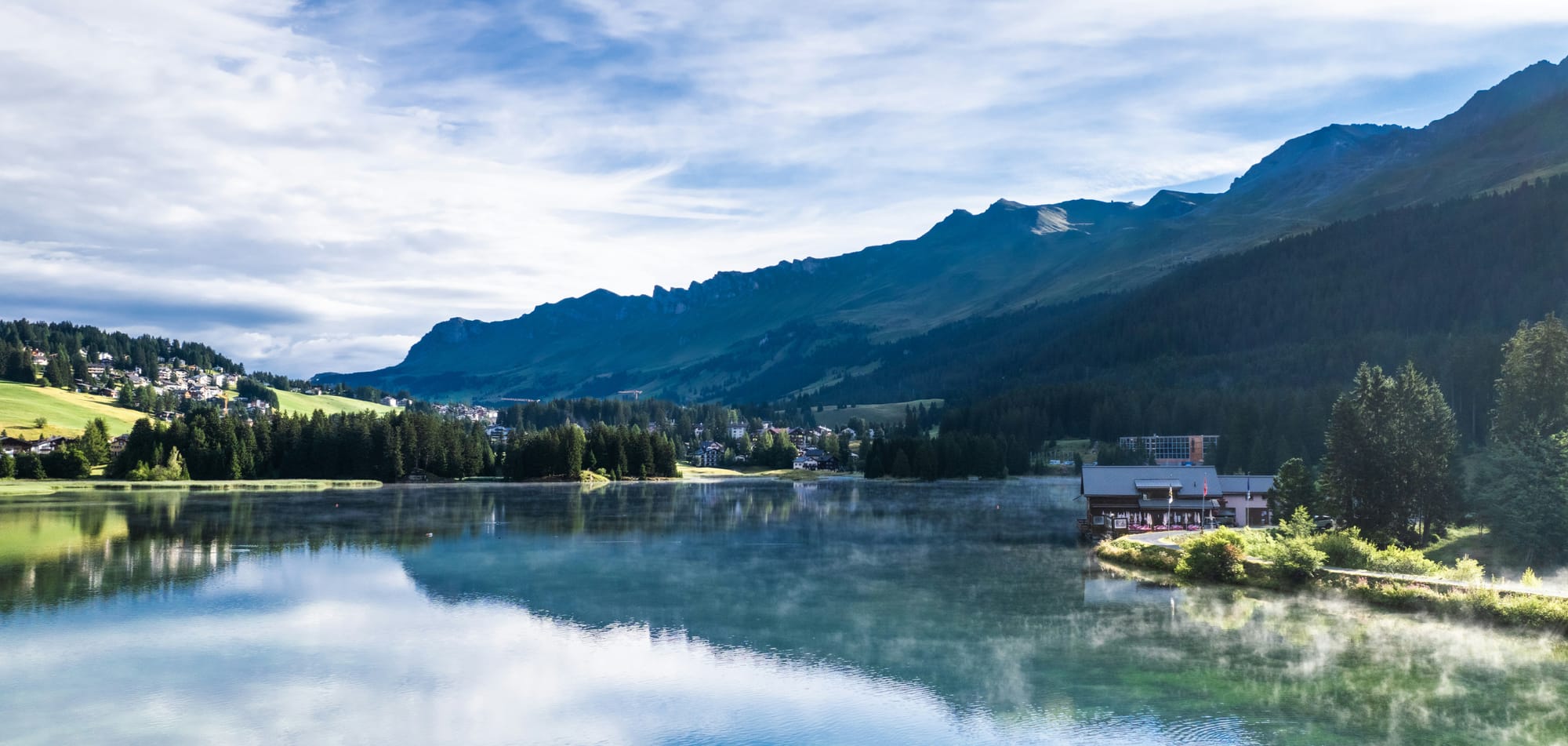What You Need to Know Before Moving to Switzerland
Disclaimer: The insights shared here are based on real experiences, and while they reflect common situations, your own experiences might differ.
Moving to Switzerland is a huge step, and there are so many wonderful things to look forward to! From stunning landscapes to efficient public services, this country has a lot to offer. But before you pack your bags, here are some crucial things you need to know based on real-life experiences that can help you ease into Swiss life.
Switzerland Is Expensive — Be Ready!
Let’s get this out of the way first: everything in Switzerland is expensive. Groceries, rent, eating out, you name it—it’s going to cost you. Make sure to set aside some savings, not just for your regular expenses but also for unexpected costs like extra deposits, surprise bills, or fees for paperwork (and yes, almost all paperwork comes with an admin fee).
Pro tip: Have a financial buffer ready for those little surprises that can add up quickly.
Public Transportation: Get Your Halbtax
Switzerland has an excellent public transportation system, and chances are you’ll use it a lot. One of the best ways to save money is by getting a Halbtax card, which gives you 50% off most trains, buses, and boats. It’s an absolute must if you’re planning to travel frequently. If you’re commuting regularly, the GA travelcard for unlimited travel might be worth the investment, so make sure to do the math.
You’ll also be walking a lot! Unless you’re planning on buying a car, a good pair of walking shoes will become your best friend.
Physical Mail Is Still a Big Deal
Despite living in the digital age, Switzerland still relies heavily on physical mail. Whether it’s important bills, official documents, or even letters from fintech apps, you’ll receive quite a bit of mail. If you ever need to communicate with a company, make sure to use registered mail—it’s the safest way to ensure your message is received and taken seriously.
Language Matters, Even If You Don’t Speak It Well
Switzerland has four official languages: German, French, Italian, and Romansh, with most regions predominantly using one. If you’re moving to the German-speaking part of the country, it’s a good idea to brush up on your German, even if you’re not fluent. While you can often get by with English, making an effort to speak the local language will go a long way in daily life and help you integrate faster. People are generally friendly and willing to help if they see you’re trying.
Everything Comes With a Fee
Paperwork in Switzerland isn’t free—most registrations or applications come with a fee attached. Whether it’s registering for residency, applying for a permit, or switching your driving license, expect to pay something. Be sure to budget for all these administrative costs when planning your move.
Watch Out for Speed Limits

Swiss traffic rules are strict, especially when it comes to speeding. Stick to the speed limits because fines for speeding can be shockingly high. It’s easy to miss a sign, but speeding tickets here are no joke and can cost you more than you’d expect.
If you’re driving, make sure to switch your driving license within the first 12 months of living in Switzerland. After that, it becomes much more complicated.
Noise Rules Are Serious
Switzerland has very strict rules about noise. Quiet hours start at 10 p.m., and this is taken seriously. You may not be allowed to take a bath late at night because of the noise it might create, and doing laundry at odd hours is often frowned upon. Sundays are considered days of rest, meaning most stores are closed and you should avoid making any noise that could disturb your neighbors.
Recycling Can Be Confusing but Saves You Money
Switzerland takes recycling seriously, but the system can seem a bit confusing at first. You’ll need to separate items like PET bottles, aluminum, and cardboard and take them to specific recycling points. In many places, regular trash can only be thrown away in official city trash bags, which you purchase at the store. You can buy larger bags, but they’ll require special stickers. Sorting your recycling correctly will save you money on these trash bags, so it’s worth figuring out early on!
Shared Laundry Rooms and Thin Walls
Many Swiss apartments come with shared laundry rooms, and you often need to book a time slot to do your washing. It’s less common to have your own washer and dryer inside your flat, and if you do find one, the rent is usually higher. Apartments in Switzerland also tend to have thin walls, so don’t be surprised if you can hear your neighbors, and be mindful of the noise you make, especially after quiet hours.
Health Comes First
Healthcare in Switzerland is top-notch, and doctors here tend to be proactive. You’ll find it easy to get appointments, and healthcare professionals are generally attentive and thorough. The Swiss health system also covers certain preventive services, like dietician appointments, if you’re looking to make lifestyle changes. Don’t hesitate to ask what’s covered—you might be surprised at the support available.
The Outdoors Are Waiting—Get Involved

Switzerland is an outdoor lover’s dream! Whether it’s skiing in the winter or hiking in the summer, there’s always something to do. If you’re new to the country, joining a local club or activity group can be a great way to meet people. Even small villages often have active social scenes, with notices for local events posted on bulletin boards or online.
Final Thoughts
Moving to Switzerland is an adventure, and while it may take some time to adjust to the high cost of living, the strict rules, and the quirks of Swiss culture, the benefits far outweigh the challenges. You’ll be living in one of the most beautiful countries in the world, with efficient public transport, top-tier healthcare, and a high quality of life. Take the time to enjoy the experience and embrace Swiss life—you won’t regret it!



